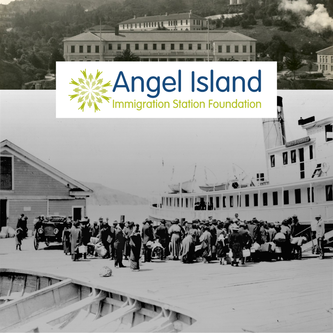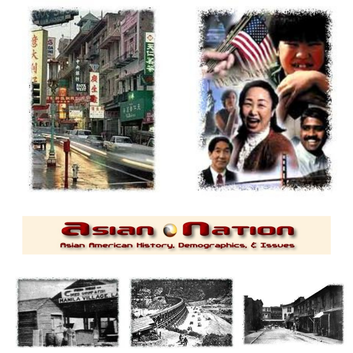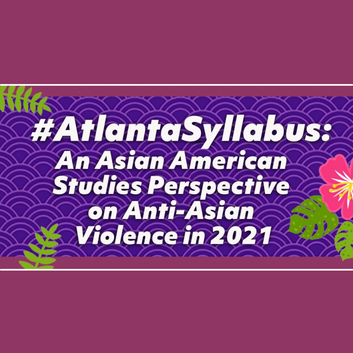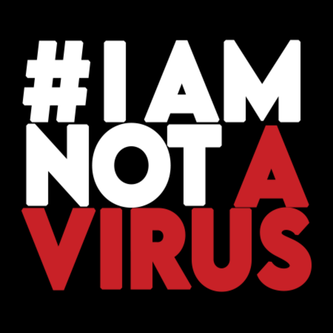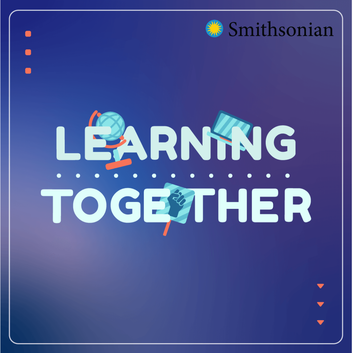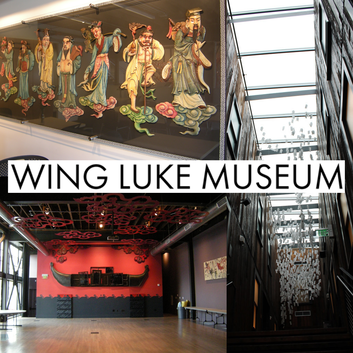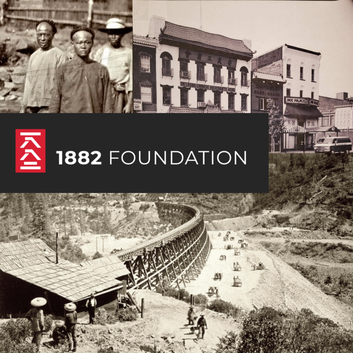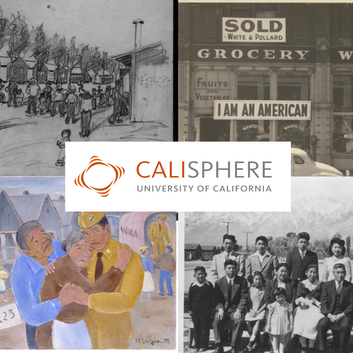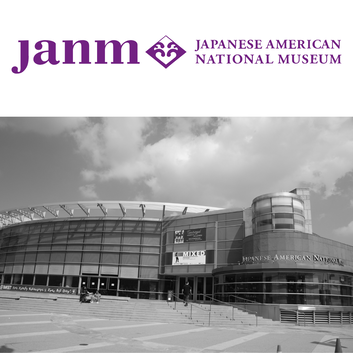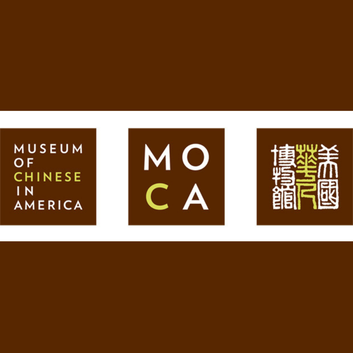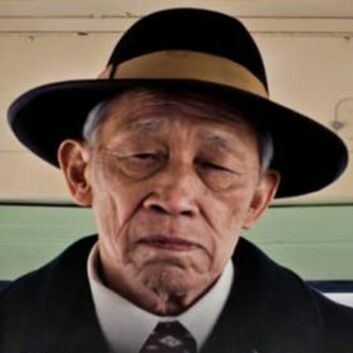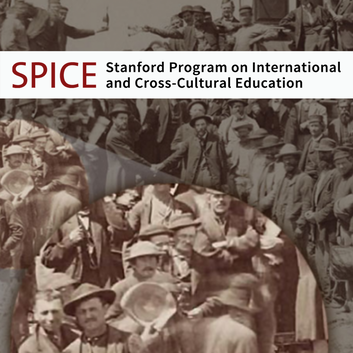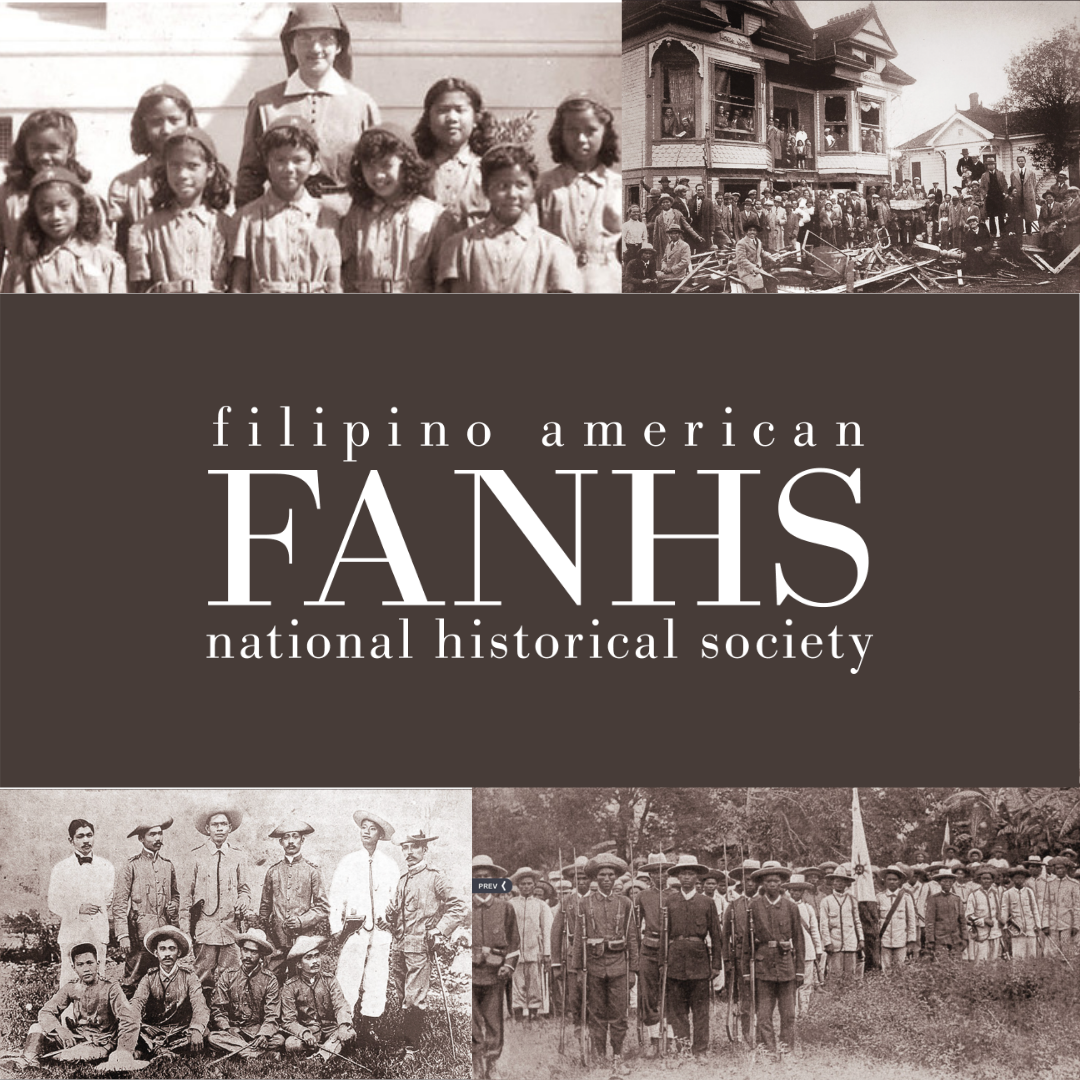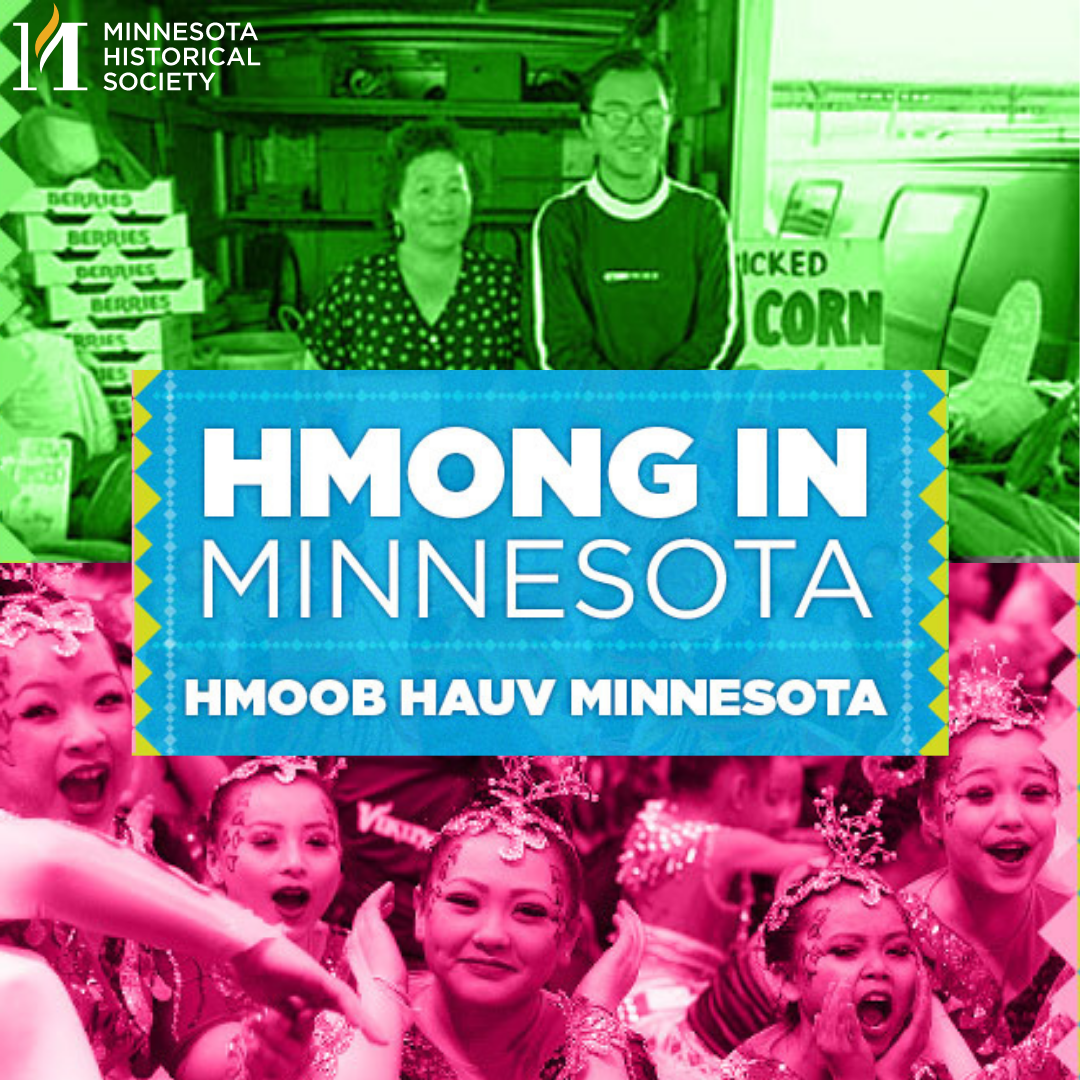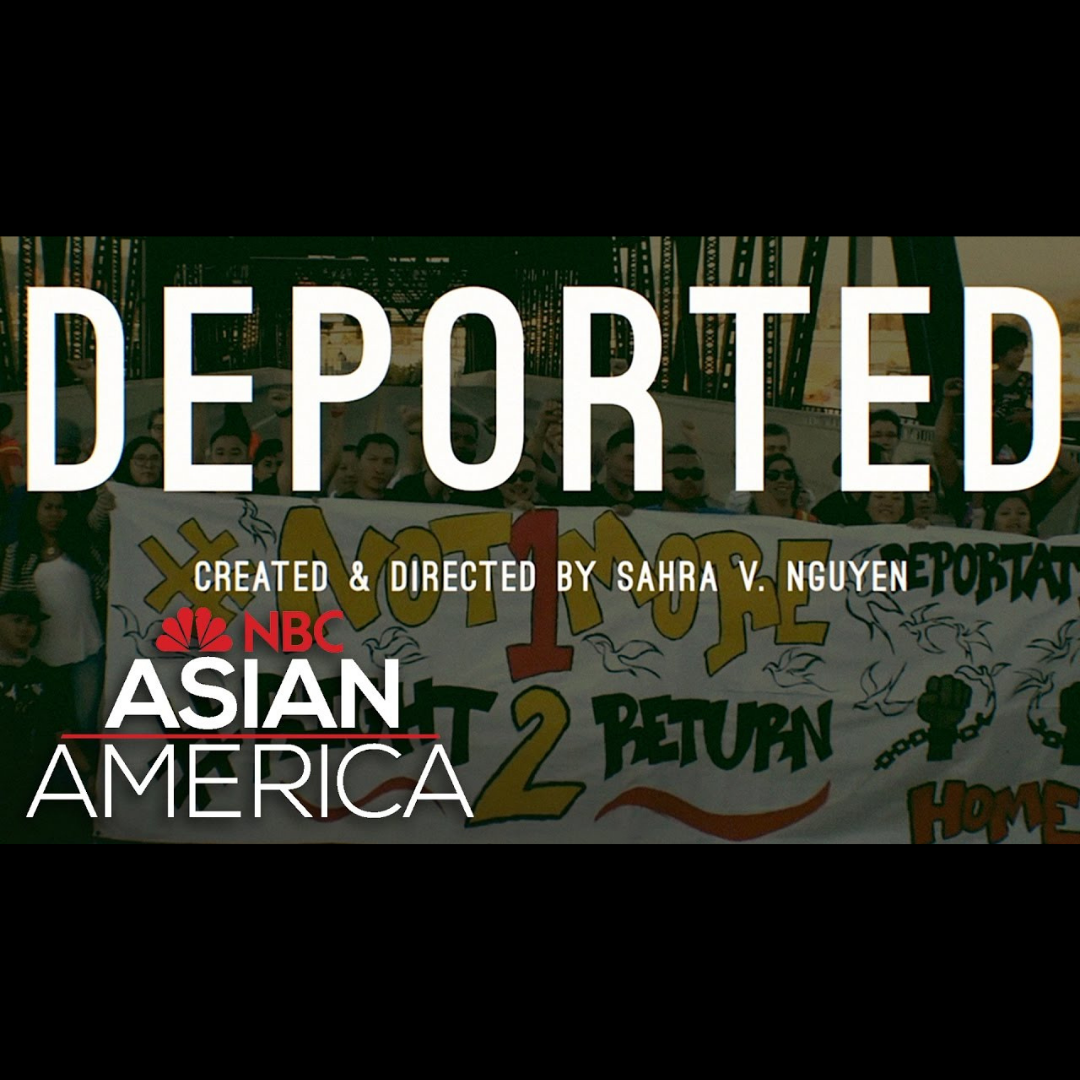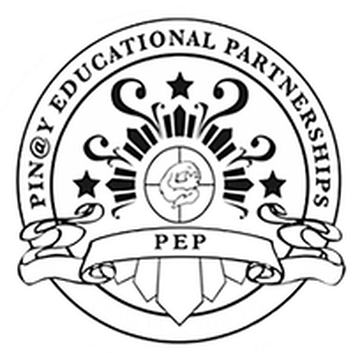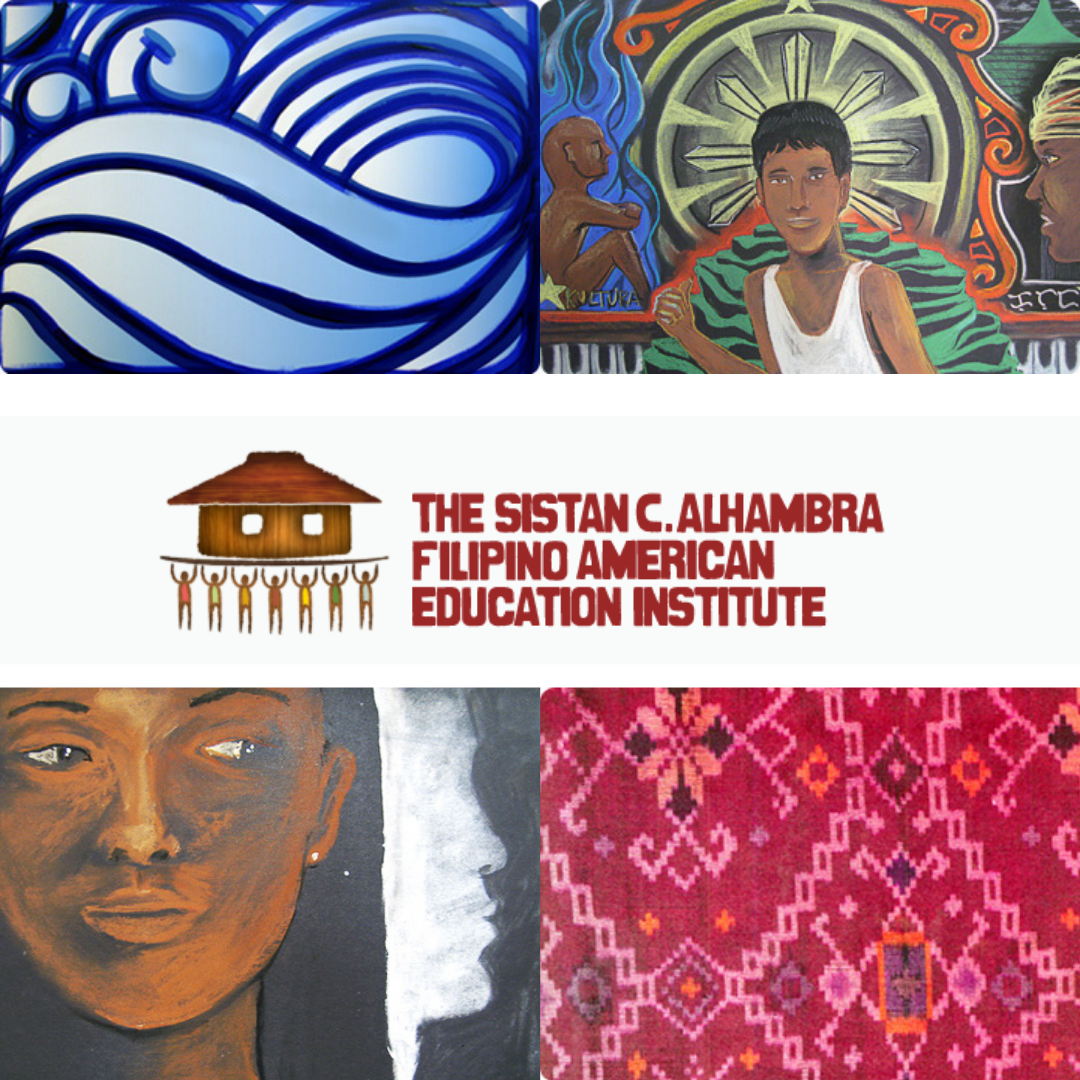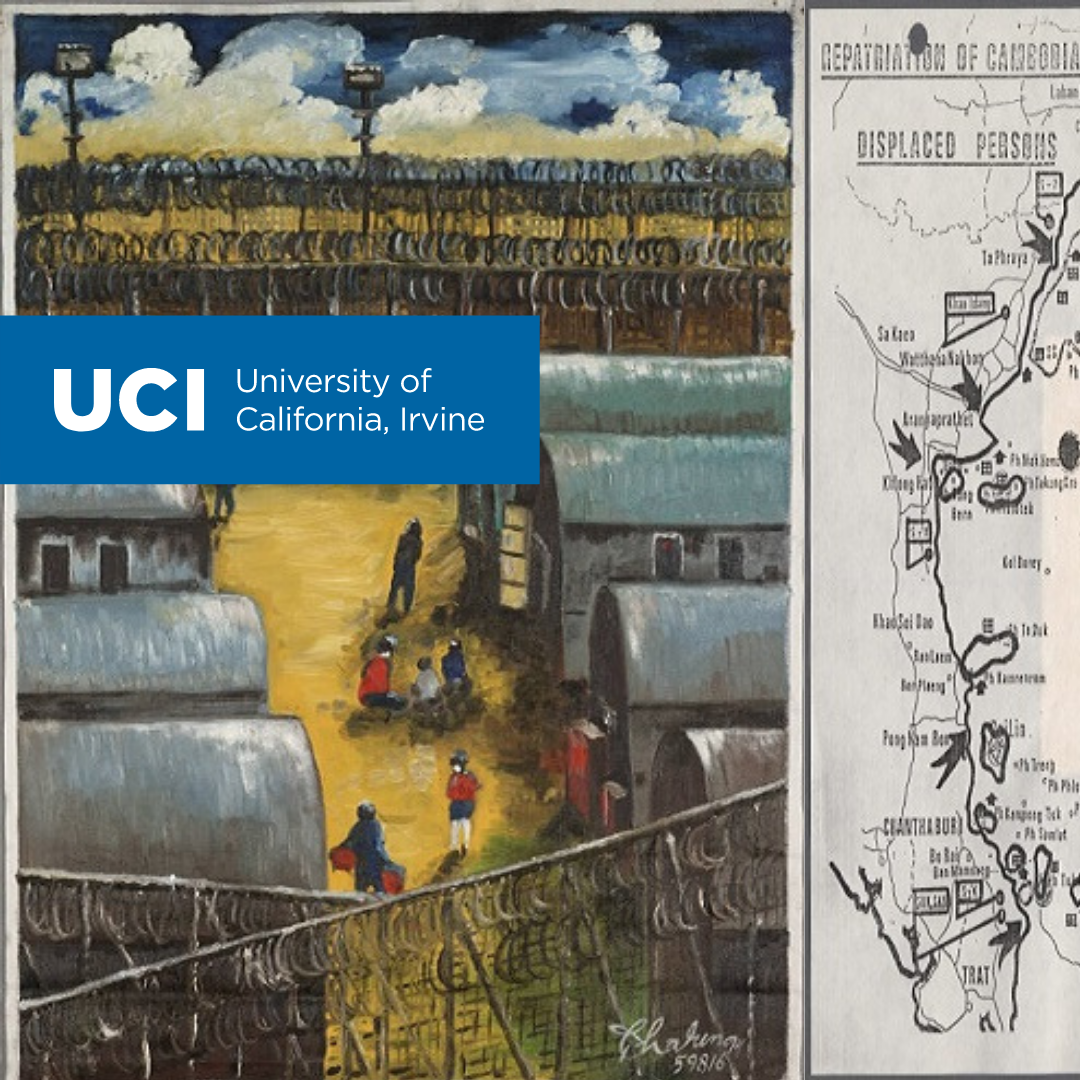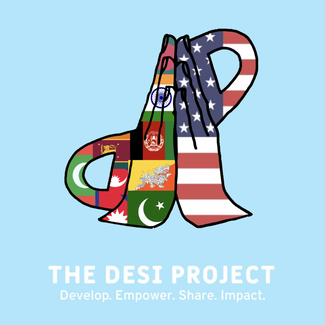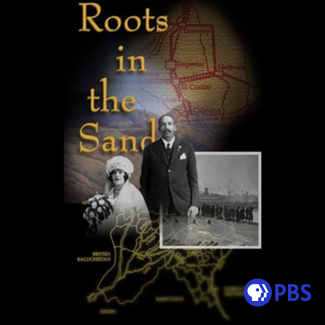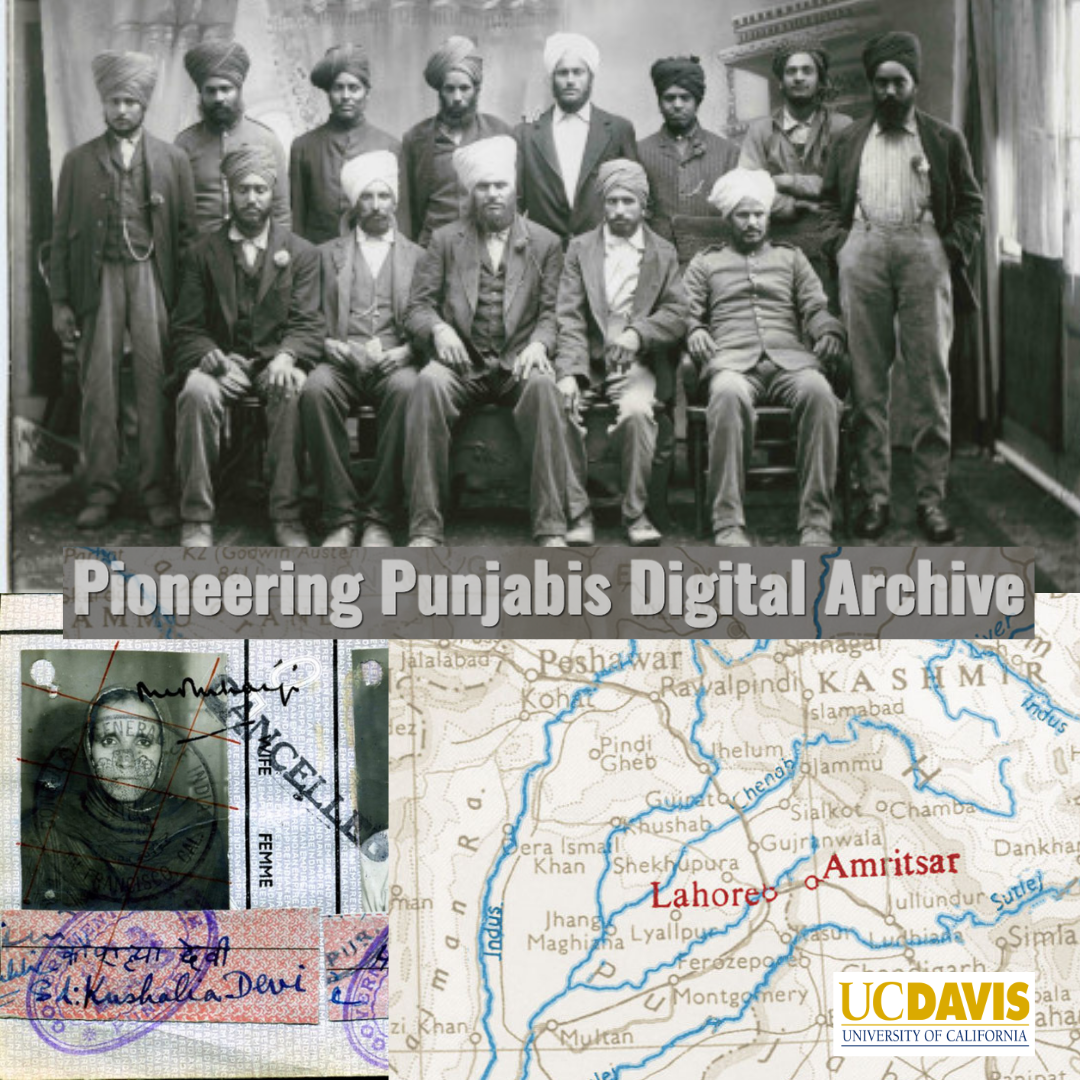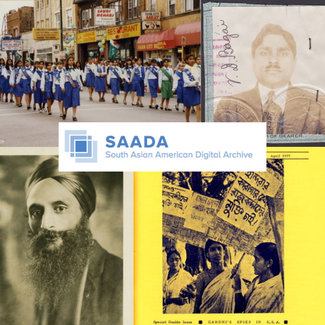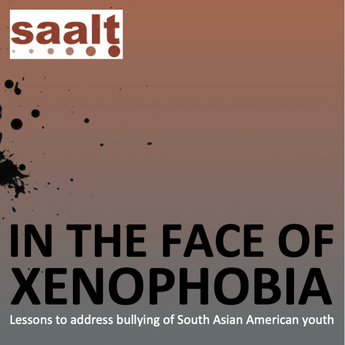General Resources
|
Angel Island Immigration Station Foundation
Curriculum guides, multi-ethnic programs, poetry instruction, and mixed media activities aimed to educate students about the experience of immigrants on Angel Island. |
Asian Nation
A "one-stop information resource and sociological exploration of the historical, demographic, political, and cultural issues that make up today's diverse Asian American community." |
The #AtlantaSyllabus
Syllabus on Asian American history, culture, and political solidarity with Black communities, created in light of the Atlanta-area spa shootings and recent incidents of anti-Asian violence. |
|
#IAmNotAVirus: Resources
Access guides, first-hand stories, digital learning experiences, and more learning resources on the Asian American experience through a lens of equity and intersectional solidarity. |
Smithsonian Asian Pacific American Center: Learning Together
Educational content featuring interviews with Asian American and Pacific Islander (AAPI) community members, links to community-created educational resources, book recommendations, discussion ideas, and more. |
What Does It Mean To Be An American?
Web-based curriculum toolkit with lessons on key issues that investigate what it means to be an American, including a lesson on Japanese American migration and the family immigration story of the Minetas. |
|
Wing Luke Museum of the Asian Pacific American Experience
A community-based museum with educational resources including teachers’ trainings, curriculums, and other learning materials for grades K-12. |
Yuri Education Project
Teaching Asian America Workshop, teacher's packets, and original curricula geared towards understanding Asian American histories and coalition building. |
East Asian American Resources
|
1882 Foundation
Educational resources with a focus on the Chinese Exclusion Laws and its continuing significance today. Resources include curriculum guides, lesson plans, video lectures, and a digital archive. |
Calisphere: The Japanese American Relocation Digital Archive (JARDA)
Archive by the University of California's digital collections containing thousands of primary sources documenting Japanese American internment. |
Densho: Resources Guide
Digital archive of testimony from survivors who had been incarcerated in the Japanese American concentration camps during World War I. |
|
Japanese American National Museum (JANM): Educational Resources
JANM offers a variety of activities, visuals, video resources, and printable curriculums about the Japanese American experience. |
Museum of Chinese in America (MOCA)
In addition to their digital collections and virtual programs for students of all ages, MOCA offers a series of free educational digital magazines on Chinese American trailblazers in English, Spanish, and Chinese. |
The Orange Story on Japanese American History
Interactive multimedia experience that uses film and audio to teach students about Executive Order 9066 and the Japanese concentration camps during World War II. |
|
Stanford Program on International and Cross-Cultural Education (SPICE): Chinese Railroad Workers in North America Project
Four-part lesson plan for high school students and teachers offered in both English and Chinese. Interactive website includes a digital archive of primary sources and multimedia resources on the lives of 19th century Chinese railroad workers. |
PBS: The Transcontinental Railroad
A documentary on the transcontinental railroad with supplemental primary sources, interviews, and articles, including on the Chinese Workers' Strike. |
Southeast Asian American History
|
The Filipino American National Historical Society
Resources include educational programming, curriculum guides, and primary archival sources that document and promote Filipino American history. |
Minnesota Historical Society: Hmong in Minnesota
Features collections of primary resources, a timeline of Hmong in the United States, and a history of Hmong American women. |
NBC Asian America Presents: Deported
Five-part documentary series about the history of Cambodian migration and the fight to end the deportation of Cambodian refugees from the United States. |
|
Pinoy Educational Partnerships (PEP)
San Francisco based educational program providing transformative, decolonizing curriculums and pedagogy strategies on Filipina/x/o American studies. |
The Sistan C. Alhambra Filipino American Education Institute
A five-module curriculum on the history, culture, and modern identity of Filipino Americans. |
The Southeast Asian Archive - University of California Irvine
Primary and secondary sources on the history of the Cambodian, Hmong, Laotian, and Vietnamese diaspora. |
South Asian American Resources
|
The Desi Project
Empowers South Asian teenagers in America by celebrating Desi culture and history. Multimedia sources on issues including Colorism, Misrepresentation in American Media, and Recognizing and Resisting Injustice. |
PBS: Roots in the Sand (2000)
Documentary by filmmaker Jayasri Hart. A multigenerational portrait of Punjabi-Mexican families who settled in Southern California in the early 1900s. Website includes additional interactive learning materials and primary sources on pioneering families and individuals. |
Pioneering Punjabis Digital Archive
Archive of over 700 video interviews, speeches, diaries, photographs, articles, and letters that illuminates the histories, values, and contributions of Punjabi Americans in California over the last hundred and twenty years. |
|
South Asian American Digital Archive (SAADA)
The largest publicly accessible archive of South Asian American history with over 4,000 items including primary sources, oral histories, online magazines, and video presentations. Educational resources on five lesson plans on various topics on the South Asian American experience. |
South Asian Americans Leading Together (SAALT)
A six-lesson anti-bullying syllabus aimed to provide communities, individuals, and educators with resources for addressing bullying, harassment and racism directed at youth of South Asian descent in U.S. schools. |

